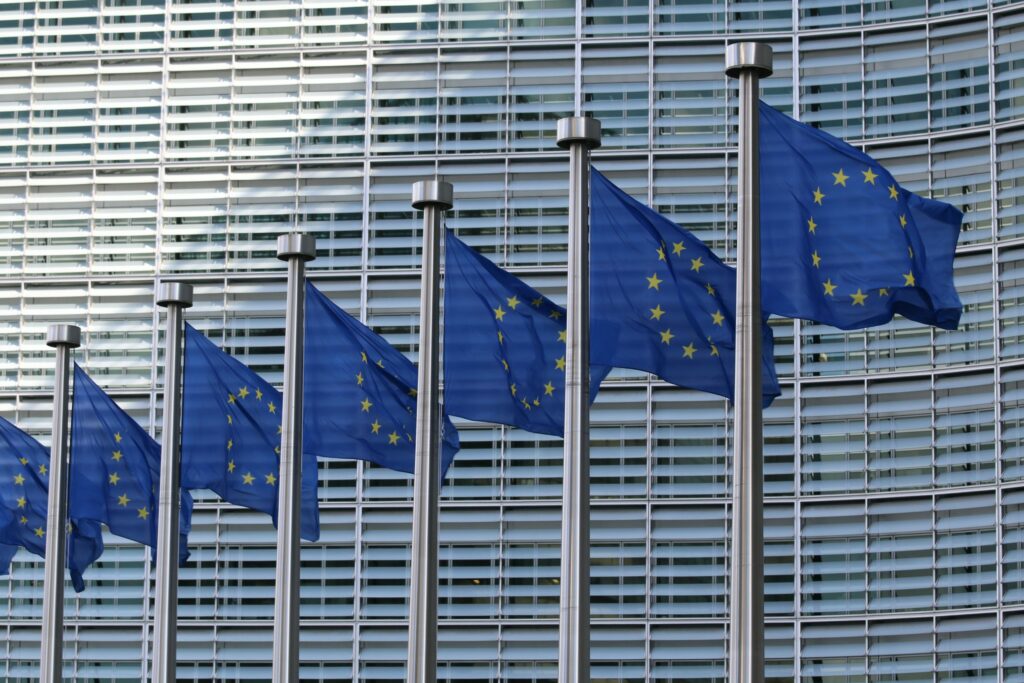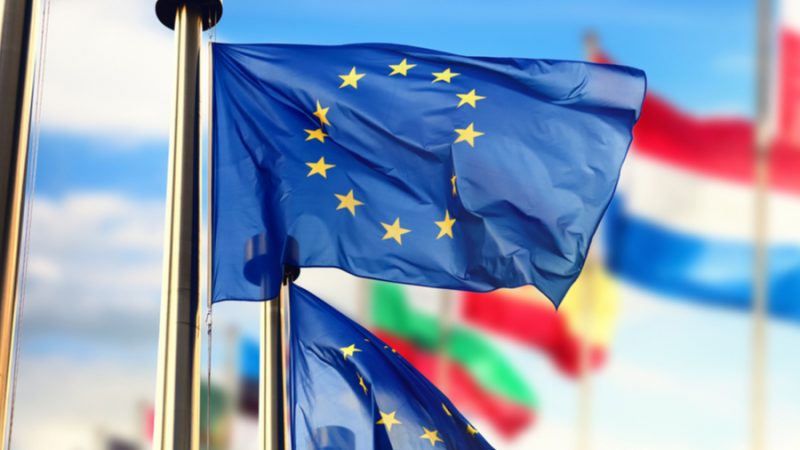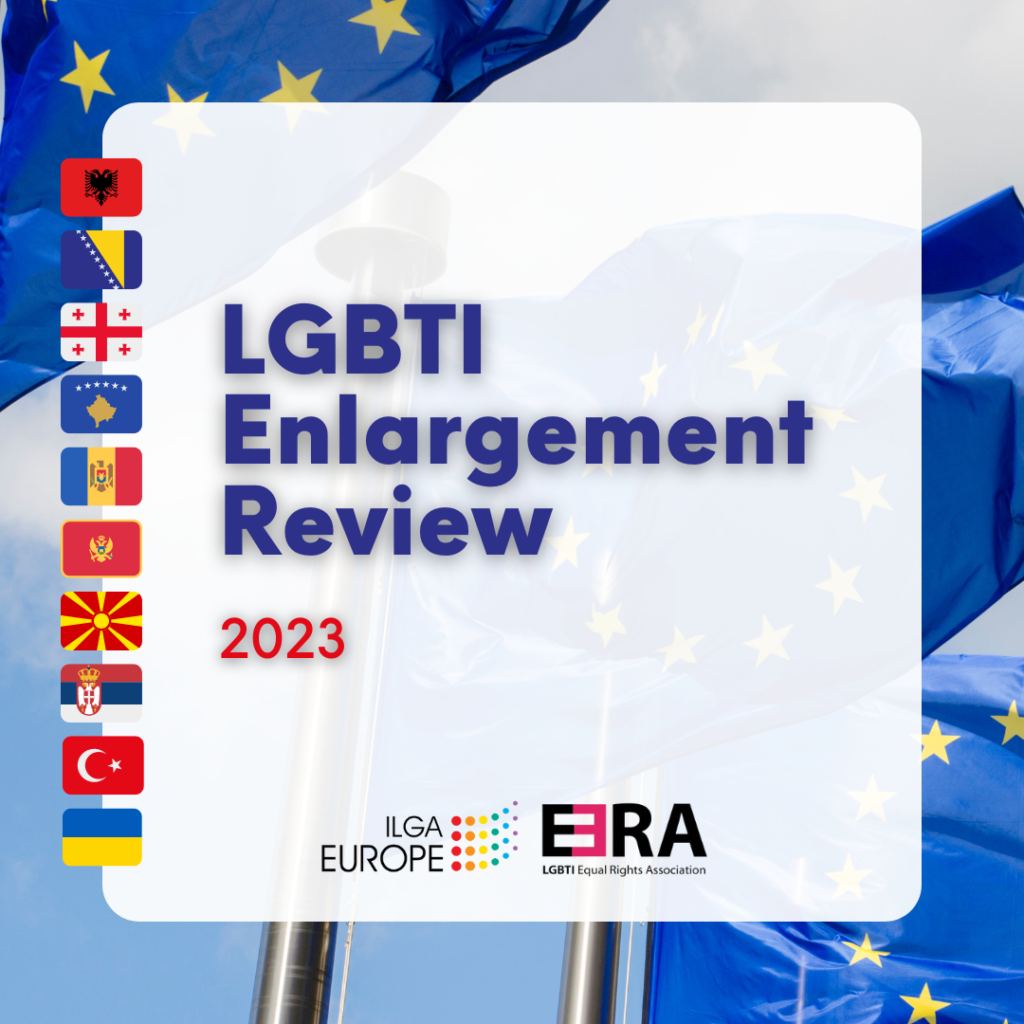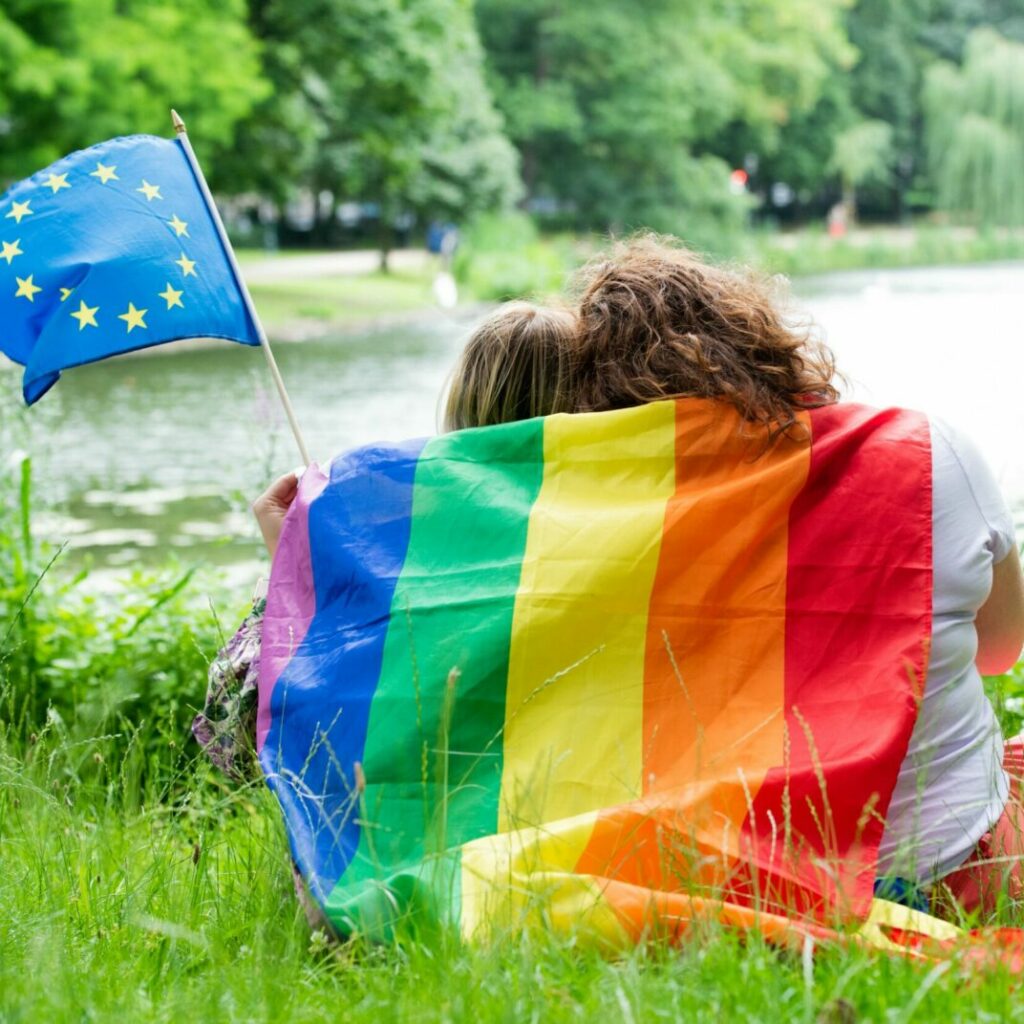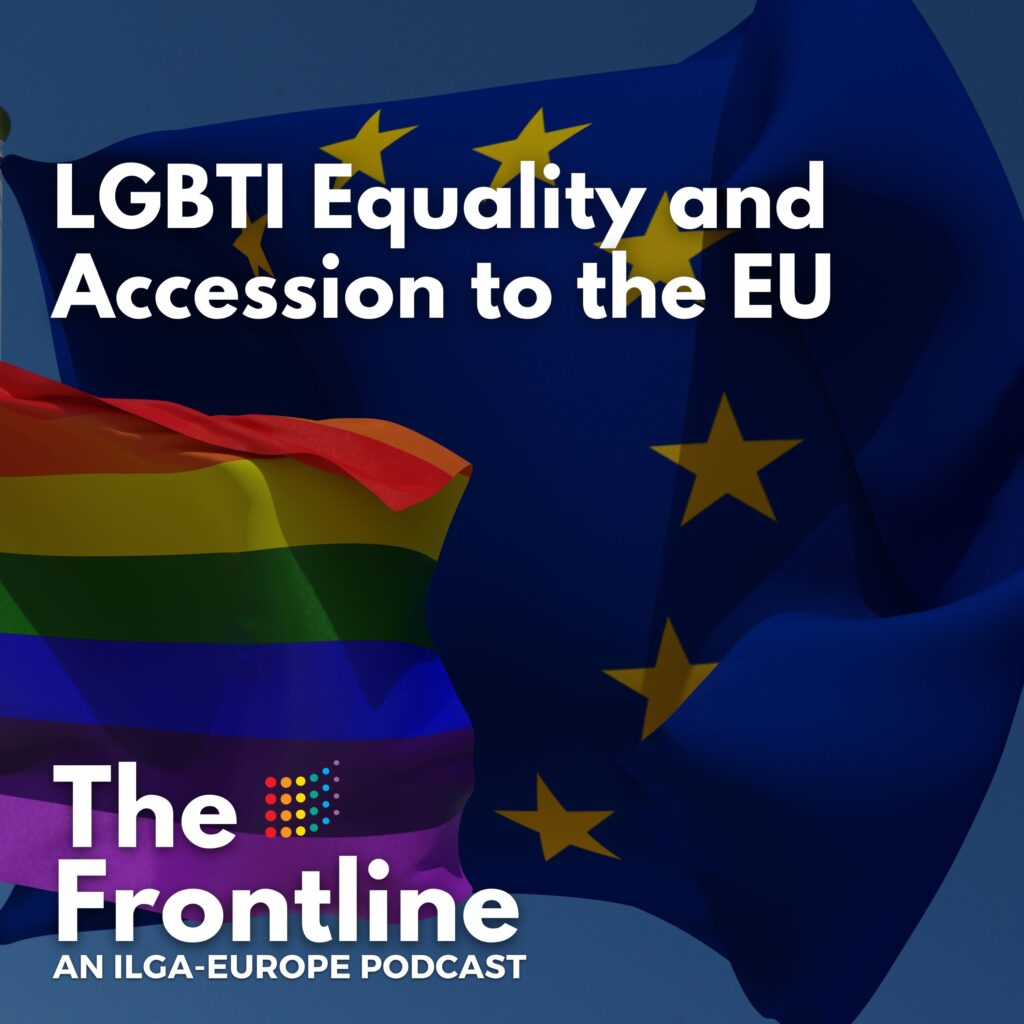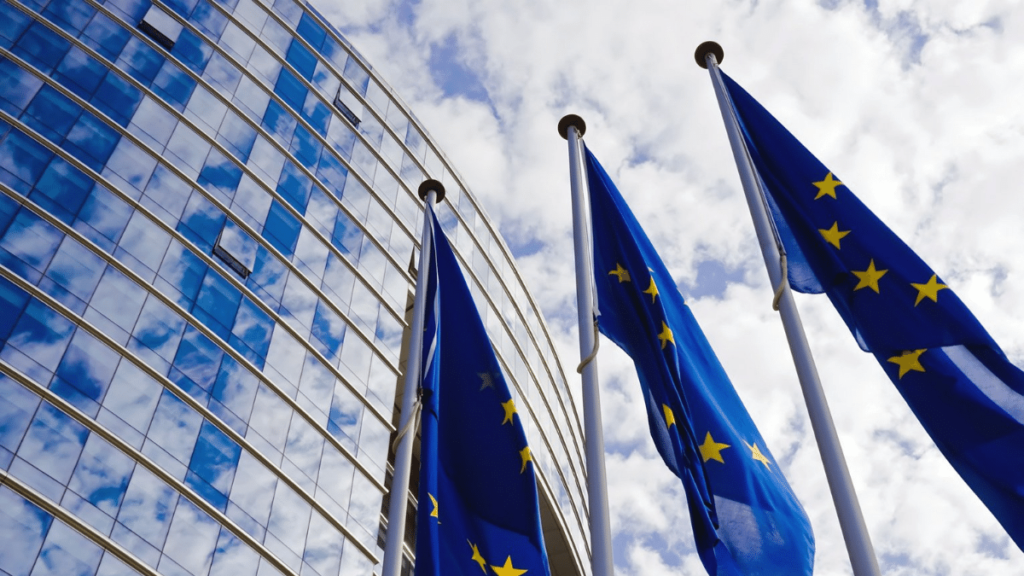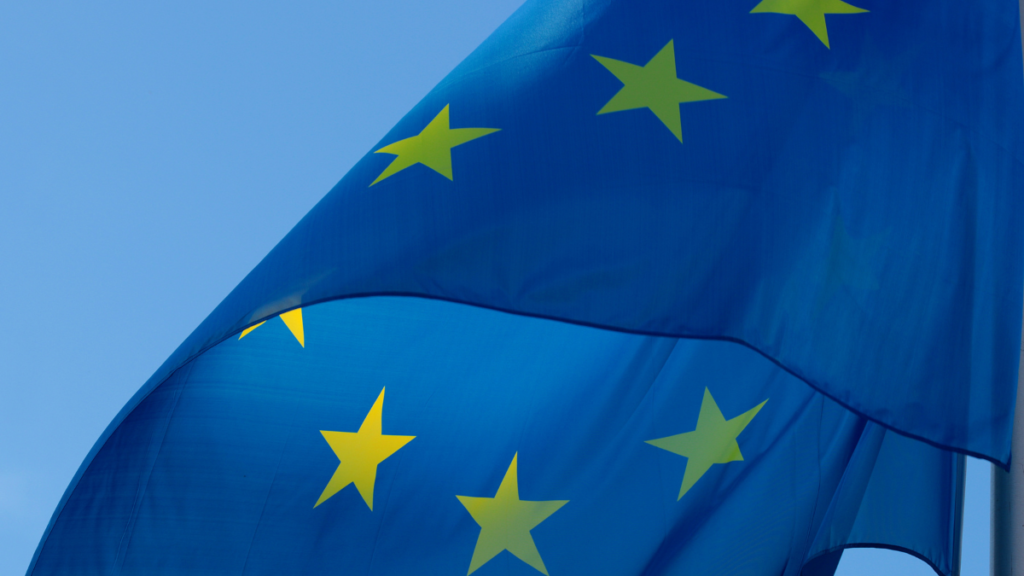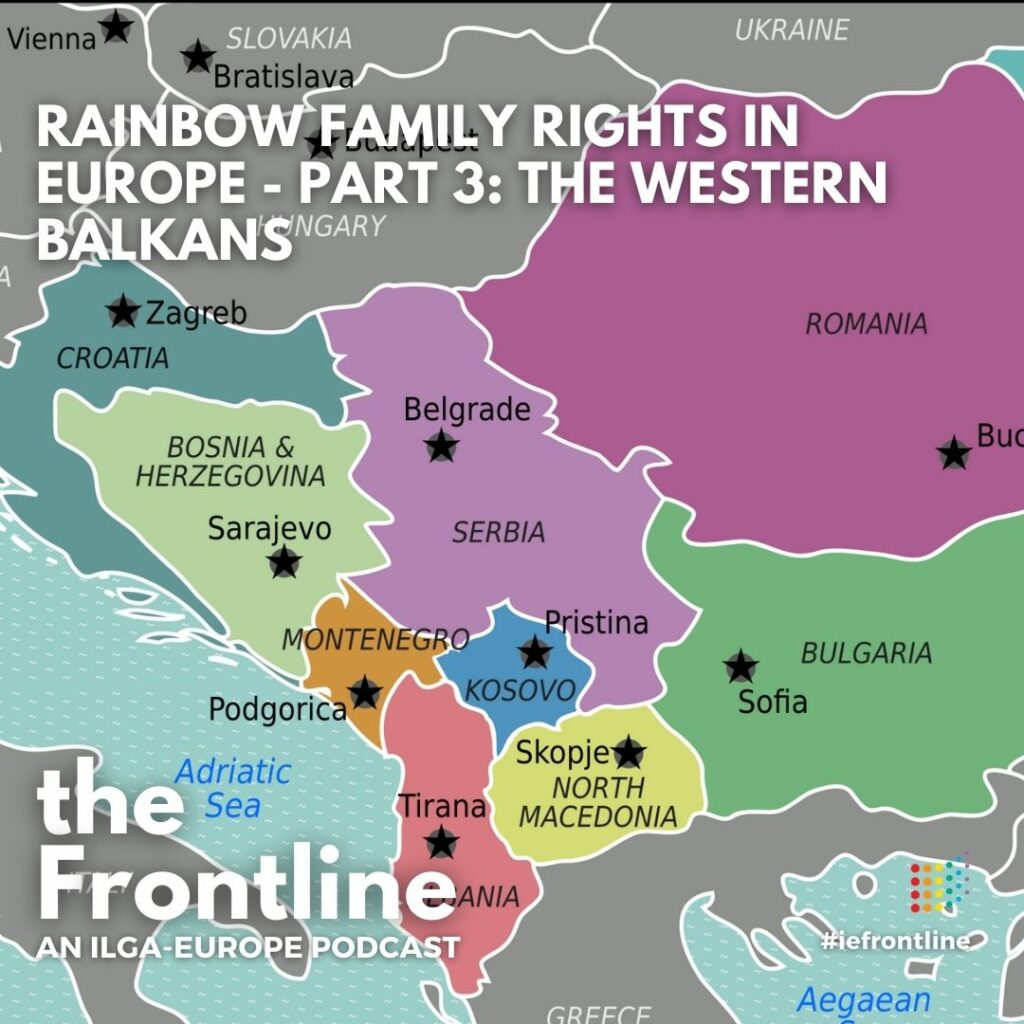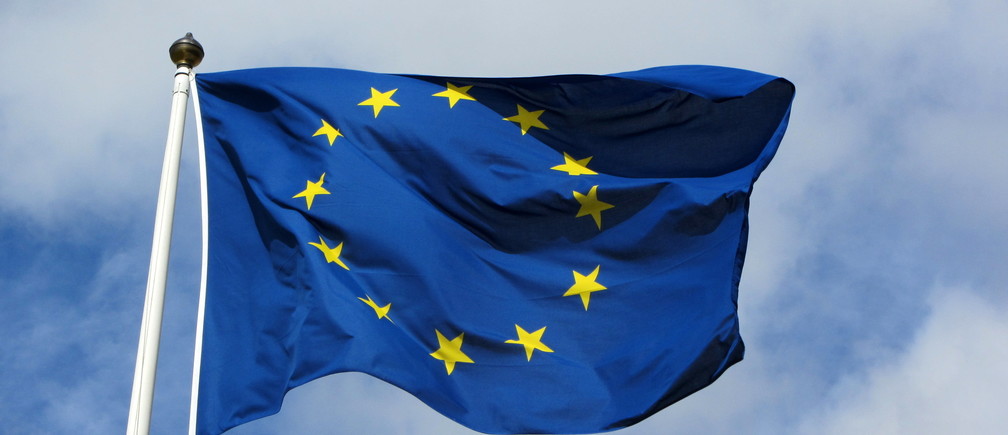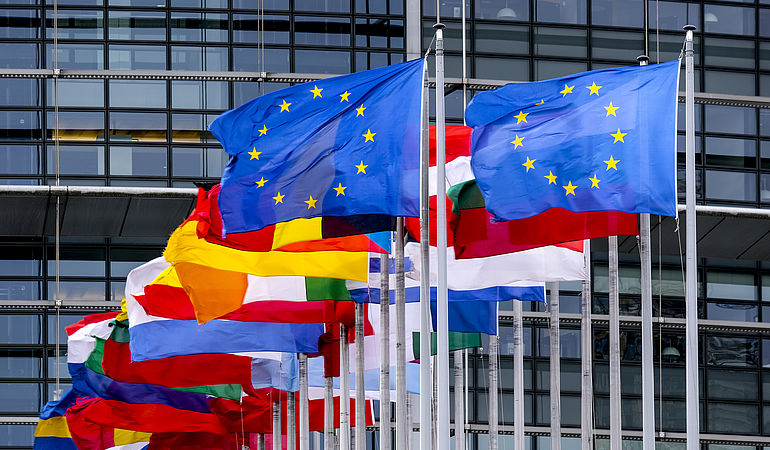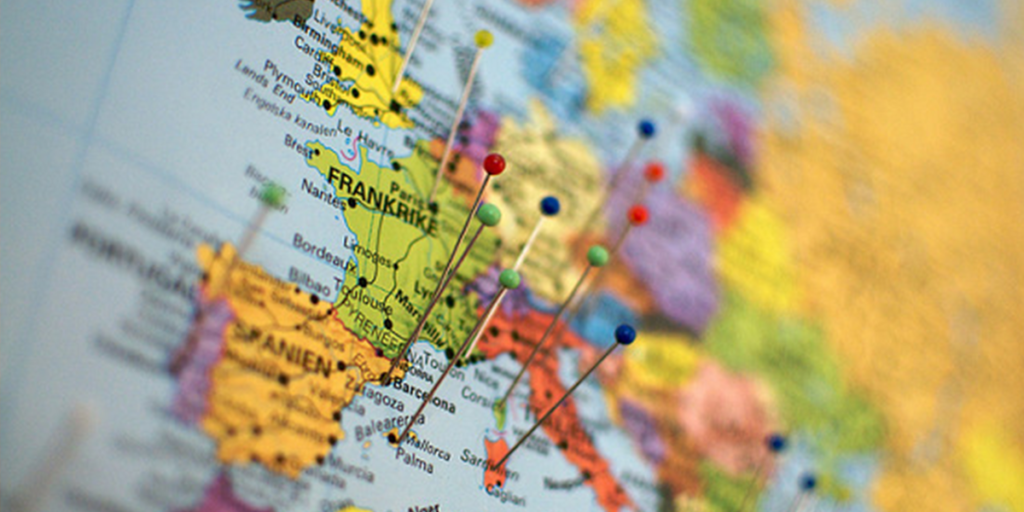Montenegro
Categories Score
The full bar chart stands for 100%, and is filled by the country category score. The colour display uses the traffic light palette, with Green representing a score closer to 100% and Red a score closer to 0%.
ASYLUM
This category looks into laws that expressly include SOGISC as a qualification criteria for seeking asylum. We also take into account other legislation, policies, instruction or positive measures by state actors that are related to asylum addressing the needs and rights of LGBTI asylum seekers and refugees.
Criteria Compliance Ratio
Each pie charts stands for a category and is divided in slices by criteria. When a country complies with a criteria – fully or in some regions – the slice is coloured.
Keep in mind the criteria have different weighting factor within a category; for example, the criteria Prohibition of medical intervention without informed consent (intersex) stands for half (2.5%) of the INTERSEX BODILY INTEGRITY category weighting factor (5%). Meaning that even if a country can only comply with this specific criteria within the category (1/4 total criteria) the category scores 50%.
More information on the categories and criteria weighting factors here.
Category & Criteria Table
The table lists detailed information and insights on legislation supporting each criterion status. Please use the filters for in-depth analysis.
n/a = not applicable, meaning the criteria didn’t exist in the previous Rainbow Map edition (PROGRESSION column)
- Complies
- Applicable in some regions only
- Does not Comply
RECOMMENDATIONS
In order to improve the legal and policy situation of LGBTI people in Montenegro, ILGA-Europe recommend:
- Introducing policies tackling hatred with express mention of SOGIESC (sexual orientation, gender identity, gender expression, sex characteristics) grounds.
- Adopting a fair, transparent legal framework based on administrative measures for legal gender recognition, based on a process of self-determination and free from abusive requirements (such as sterilisation, GID/medical diagnosis, surgical/medical intervention or compulsory divorce), that includes a non-binary or third gender option.
- Harmonising and adopting the remaining laws necessary for the full implementation of the registered partnership law.
Annual Review of Montenegro
In our Annual Review of the Human Rights Situation of LGBTI People in Europe and Central Asia, we examine the advances made and provide concrete examples of on-the-ground situations at national level country-by-country in the 12 months from January to December 2024.
Read our Annual Review of Montenegro below for more details and stories behind the Rainbow Map. You can also download the Annual Review chapter (.pdf) covering Montenegro.
-
Asylum seekers reported having difficulties in accessing health care services, as well as experiencing long waiting periods on the decision on their asylum requests. Spectra, Juventas, LBTQ Association Stana and Queer Montenegro, in cooperation with the Centre for Asylum and the UNDP, stepped in and have been providing support to an increasing number of LGBTI asylum seekers from Russia, Ukraine, Turkey and the Middle East.
The case of a Russian asylum seeker whose request for asylum was denied was documented by Queer Montenegro.
-
In September, during Pride in Podgorica and accompanying events, there was an extreme increase in hate speech directed at LGBTI people in the online public space during the Pride march in Podgorica, and the LGBT Forum Progres submitted 58 reports to the Police Directorate of Montenegro.
-
During the year, Spectra continued to provide legal assistance to a trans man during the court process of a hate crime case from 2019, when he was dragged out of his home and beaten by several attackers. Spectra pointed out the unnecessary length of this court process and is closely following its process. In addition to that, Spectra provided support to a trans woman and activist who was attacked physically, verbally and online, reporting these cases, but without any action by the state authorities.
-
A report, released by the LGBTI Forum Progress and LGBTIQ Social Centre shedding light on the challenges faced by LGBTI people in employment. 82.7 percent of the respondents stated that they personally experienced discrimination at work based on sexual orientation, while 36.5 percent experienced discrimination at work based on gender identity.
In February, the Spektra Association published its research on socio-economic violence against trans, intersex, and gender- variant (TIRV) persons conducted in 2023. The study indicates that in the past 21 months, 35% of trans respondents reported experiencing discrimination at work, with 40% of trans women specifically feeling discriminated against—representing the highest percentage among all TIRV subgroups included in the investigation.
-
Results of the research on socio-economic violence against TIRV persons by Spektra Association revealed that every participant in the study reported having experienced mistreatment over the past five years. The study also highlighted the specific types of violence experienced by respondents: 62.5% reported receiving threats of physical violence, while 37.5% had experienced attempted or actual physical violence. Additionally, 31.3% of participants reported receiving threats via telephone, 25% had personal property damaged or stolen, and 12.5% were threatened with weapons. Regarding sexual violence, one quarter (25%)
of respondents had faced attempted rape or other forms of sexual violence, while 18.8% had been victims of rape or sexual assault. When asked about the most pressing issues for the trans/intersex/gender-variant community, 81.3% of participants emphasised the urgent need for legislation for more accessible
Legal Gender Recognition, along with stronger enforcement of the anti-discrimination law.
-
3 years after the adoption of the law on same-sex partnerships, the government and parliament have yet to take action to align other laws with the Law on Same-Sex Partnership, and thus ensure the law’s proper Meanwhile, the Ministry of Interior continues to deny citizenship to children of same-sex couples, in clear violation of the law, perpetuating discrimination against these families.
-
Pride march was held in September 2024, in a peaceful atmosphere. Pride Week was organised in multiple public locations, without any incidents.
-
In October 2024, the For the Future of Montenegro (ZBCG) coalition, which includes the Democratic Front, announced plans to urgently propose a Law on Foreign Agents. This initiative was met with criticism from civil society and embassies. As of now, the proposal remains in the early stages, with no formal draft law.
-
A report published by the LGBTI Forum Progress and LGBTIQ Social Centre revealed that 82.7% of LGBTI people reported experiencing workplace discrimination based on sexual orientation, while 36.5% faced discrimination on grounds of gender identity. The report further highlighted that 67.4% of LGBTI respondents experienced workplace discrimination in some form, yet a considerable 70% did not report these incidents due to fear or other concerns.
-
Montenegro has included the adoption of the Law on Legal Gender Recognition based on self-determination in its 2024 EU Accession Plan for 2024-2025, specifically under chapters 19 and 23. This revision is part of the closing benchmarks Montenegro must meet to move forward in its EU accession process.
-
The Ministry of Human and Minority Rights has been actively engaged in developing a new LGBTI Strategy, particularly through its efforts in establishing a working group dedicated to drafting the Law on Legal Gender Recognition based on self- determination. The previous LGBTI Strategy, which ran from 2019 to 2023, has now expired. The new strategy was adopted in June and will cover the period until 2028.
In March, during her visit to Montenegro, now former Council of Europe Commissioner for Human Rights Dunja Mijatović emphasised the need for Montenegro to adopt several key laws. She stressed the importance of ensuring that laws on equality, anti-discrimination, and legal gender recognition (LGR) based on self-determination align with international human rights standards. The Commissioner also highlighted the increase
in hate speech, particularly online, which exacerbates ethnic, religious, and political divisions, disproportionately affecting marginalised groups such as Roma, LGBTI people, and women in public roles. These concerns were echoed in the Commissioner’s report published the same month, which also raised issues regarding the use of mental health diagnoses, sterilisation, and invasive medical procedures as requirements for LGR in Montenegro.
-
Hostility towards LGBTI human rights defenders is on the rise, manifesting both online and in physical spaces. Many activists are refraining from reporting threats due to a widespread lack of trust in institutions, further exacerbating the vulnerability of the LGBTI community.
-
The draft law on Legal Gender Recognition based on self- determination was completed by the Ministry of Human and Minority Rights and presented to Parliament in February. The draft law underwent a 30-day public consultation from February 15 to March 15. Despite the Strategy for Improving the Quality of Life of LGBT Persons in Montenegro (2019-2023) urging its adoption by the end of 2023, the law has still not adopted by the end of 2024. The law was been included in Montenegro’s EU Accession Program under chapters 19 and 23, but has faced significant resistance, particularly from the Serbian Orthodox Church and other political forces. The Ministry of Interior has been obstructing the law’s progress. Additionally, other ministries have shown little interest in advancing the law, as well as other legislative reforms to protect the rights of LGBTI people. Despite widespread support from civil society organisations, international bodies like the EU, various embassies, and the Council of Europe, as well as over 100 academics, 137 regional civil society organisations, 18 MEPs, and major European human rights organisations, Prime Minister Spajić and President of the Parliament Andrija Mandić blocked the law by not putting it to a vote.
-
There have been ongoing problems accessing hormone therapy for some trans persons in Montenegro.
In response, there have been numerous efforts to address this issue, including communications with Health Centres, the Ministry of Health, the Health Insurance Fund, and the Ombudsman.
Despite these efforts, challenges persist, including a recent shortage of Nebido, a form of testosterone crucial for the health of some trans persons. No actions have been taken by state institutions to resolve this shortage.
In October 2023 the PrEP treatment for HIV prevention was introduced in Montenegro. However, in 2024 the treatment is still in its testing phase and limited to only 100 participants. Additionally, the Institute for Public Health this year made progress in expanding access to HPV vaccination by including trans people in their vaccination program, marking a positive step toward inclusive healthcare initiatives.
The Ministry of Health’s discriminatory restriction preventing LBTQ women from accessing reproductive treatments has been lifted following the Ombudsperson’s ruling on discrimination.
-
The recent economic reform, which removed the employee-side tax for the pension system and made it optional for employers, has sparked significant debate regarding the sustainability of the social protection system. This follows an earlier reform that also eliminated the healthcare fund tax. Civil society organisations have raised concerns about the government’s proposed fiscal strategy, warning that it could disproportionately affect the most vulnerable communities, including women, Roma people, the elderly, and LGBTI people.
-
Spektra’s 2023 research on public attitudes toward trans, intersex, and gender-variant people in Montenegro revealed that 15-20% of the population, primarily young, educated women, are supportive of the LGBTI community. The research further uncovered significant gaps in understanding about gender identity and sexual orientation. For instance, 68.7% of respondents admitted they were unsure of or did not understand the difference between sexual orientation and gender identity, while 69.1% were similarly confused about the distinction between gender and gender identity. Additionally, 28.6% of respondents did not know how to define the term “transgender person,” and, 22% incorrectly defined it as a “disease, hormonal disorder, or psychological disorder.”
The full Annual Review for 2025 is available here.

